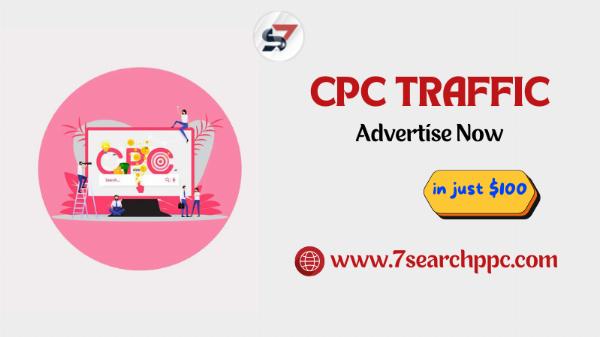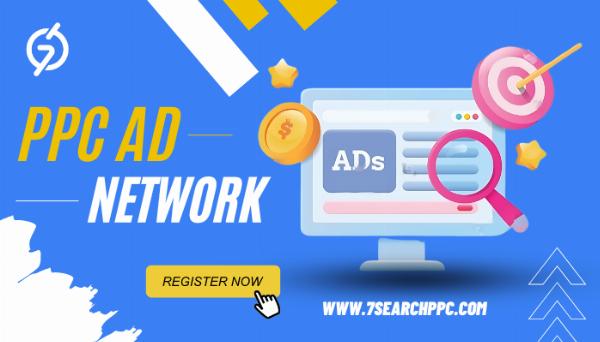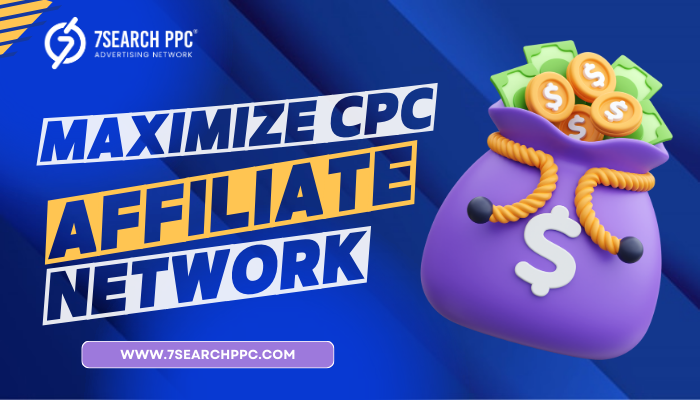Top 10 Facts About CPC Traffic

Strong 8k brings an ultra-HD IPTV experience to your living room and your pocket.
Cost-Per-Click (CPC) traffic is a fundamental aspect of online advertising. It’s a performance-based advertising model where advertisers pay for each click on their ads, driving targeted traffic to their websites. Understanding CPC traffic can significantly enhance your online ads campaigns. Here are the top 10 facts about CPC traffic that every marketer should know.
✍️ If you’ve struggled with high ad costs, check out our resource on reducing CPC in campaigns. We discuss quality score, ad relevance, keyword bidding strategies, and how to lower costs effectively in 2025.
What is CPC Traffic?
CPC traffic refers to visitors who land on your website after clicking on a paid advertisement. Unlike other models like CPM (Cost Per Mille), where advertisers pay for impressions, CPC ensures that you only pay when a user actively engages with your ad by clicking on it. This model is popular in online ads due to its cost-effectiveness and performance-based nature.
How CPC Traffic Works
The process begins with the creation of an ad and selecting relevant keywords. When a user searches for those keywords, your ad appears. If the user clicks on your ad, you pay the predetermined cost per click. The amount you pay can vary based on factors like keyword competitiveness and ad quality.
Importance of Quality Score
In platforms like Google Ads, the Quality Score plays a crucial role in determining your ad’s position and CPC. Quality Score is influenced by the relevance of your ad, the quality of your landing page, and the expected click-through rate (CTR). A higher Quality Score can lower your CPC and improve your ad’s placement.
Budget Control
One of the major advantages of CPC traffic is the control it offers over your budget. You can set daily or monthly budgets, ensuring you never exceed your advertising expenditure. This flexibility makes it easier to manage your marketing finances and adjust your strategy based on performance.
Targeted Advertising
CPC allows for highly targeted advertising. You can specify who sees your ads based on factors like demographics, location, device, and user behavior. This precision targeting increases the likelihood of attracting relevant traffic that is more likely to convert.
Performance Measurement
CPC traffic provides clear metrics for performance measurement. You can track metrics such as the number of clicks, CTR, conversion rate, and return on investment (ROI). These insights help you optimize your campaigns and improve their effectiveness over time.
Ad Auction Dynamics
CPC ads operate on an auction system where advertisers bid for ad placements. The bid amount and Quality Score determine the ad’s position. While higher bids can improve placement, a high Quality Score can often achieve better positions at a lower cost.
Impact of Keyword Selection
Choosing the right keywords is critical for a successful CPC campaign. Keywords should be relevant to your product or service and have a balance between search volume and competitiveness. Tools like Google Keyword Planner can help identify effective keywords for your campaign.
Ad Copy Significance
Compelling ad copy is essential to attract clicks. Your ad should have a clear headline, a concise description, and a strong call-to-action (CTA). A well-crafted ad copy not only improves CTR but also enhances the Quality Score, reducing your CPC.
Role of Landing Pages
The landing page is where users land after clicking your ad. It should be relevant to the ad content, provide value, and have a clear path to conversion. A high-quality landing page improves user experience and boosts your Quality Score, positively impacting your CPC campaign’s success.
Conclusion
CPC traffic is a powerful tool in the realm of online advertising, offering precise targeting, budget control, and measurable performance. By understanding the key aspects of CPC traffic and implementing best practices, you can drive high-quality traffic to your website, increase conversions, and achieve your marketing goals effectively. Whether you’re a small business or a large enterprise, mastering CPC traffic can significantly enhance your online advertising strategy.
FAQs
What is the difference between CPC and CPM?
Ans. CPC (Cost-Per-Click) is a model where advertisers pay each time their ad is clicked, while CPM (Cost-Per-Mille) charges advertisers for every thousand impressions of their ad, regardless of clicks. CPC is more performance-oriented, focusing on driving traffic, whereas CPM is useful for increasing brand awareness.
How is CPC calculated?
Ans. CPC is calculated by dividing the total cost of your clicks by the total number of clicks. For example, if you spent $100 on 50 clicks, your CPC would be $2.
What factors influence CPC rates?
Ans. Several factors influence CPC rates, including keyword competitiveness, Quality Score, industry, and the relevance of your ad and landing page. Highly competitive keywords typically have higher CPC rates.
Can I control how much I spend on CPC ads?
Ans. Yes, you can set daily or monthly budgets and bid limits to control your spending. Most advertising platforms allow you to adjust these settings at any time to suit your campaign needs and budget constraints.
How can I improve my Quality Score?
Ans. Improving your Quality Score involves enhancing the relevance of your keywords, creating compelling ad copy, ensuring a high-quality landing page, and increasing your expected CTR. Regularly reviewing and optimizing these elements can boost your Quality Score.
What is a good CTR for CPC ads?
Ans. A good CTR can vary by industry and ad type, but generally, a CTR above 2% is considered good. However, aiming for higher CTRs is always beneficial as it indicates that your ad is engaging and relevant to the audience.
Are CPC ads suitable for small businesses?
Ans. Yes, CPC ads are suitable for small businesses due to their cost-effectiveness and budget control features. Small businesses can start with a modest budget, target specific audiences, and gradually scale their campaigns based on performance.
Note: IndiBlogHub features both user-submitted and editorial content. We do not verify third-party contributions. Read our Disclaimer and Privacy Policyfor details.





